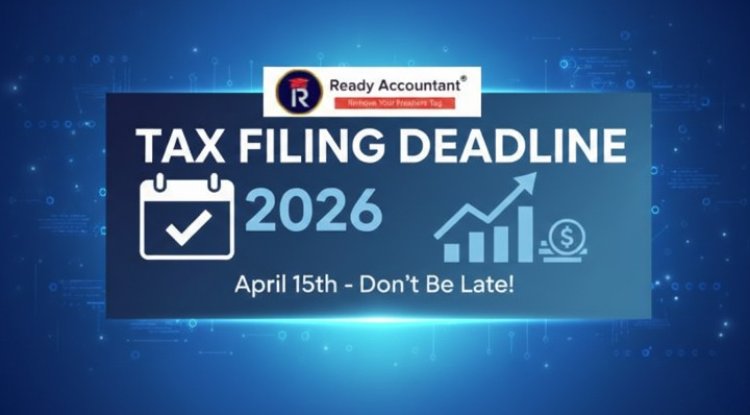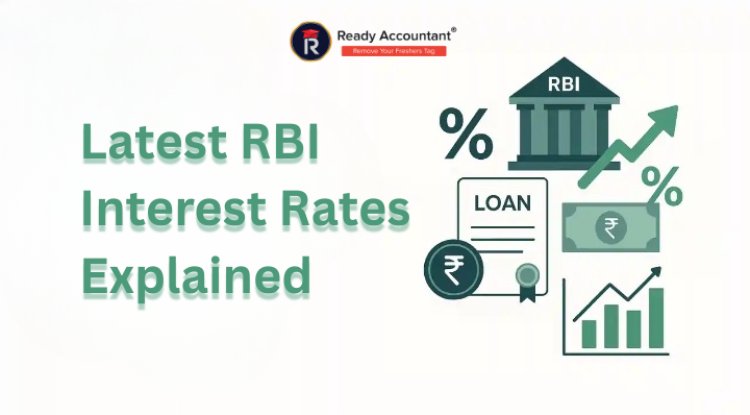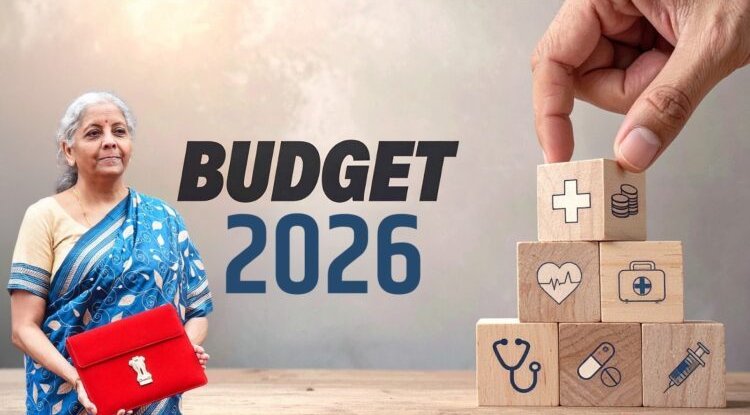Top Finance Skills in 2025
In 2025, the finance industry is driven by technology, automation, and compliance. To succeed, professionals must master top skills like data analysis, financial modeling, blockchain, and ESG reporting. Practical expertise in Certified Corporate Accounting, SAP FICO (Finance & Controlling), and Taxation (Income Tax & GST) is now essential for securing high-growth roles in today’s digital economy. Students and working professionals should focus on hands-on learning through industry-recognized courses and certifications like CFA, CPA, or FRM. These future-ready finance skills are your gateway to top roles such as Financial Analyst, ESG Officer, and FP&A Specialist.

In 2025, the finance industry is changing faster than ever before. Traditional accounting is no longer enough. With the rise of technology, sustainability, and global regulations, finance professionals must upskill to stay relevant.
Whether you're a student entering the job market or a working professional aiming to grow, learning the top finance skills in 2025 can unlock high-paying, future-proof career opportunities. Courses like Certified Corporate Accounting, SAP FICO (Finance & Controlling), and Taxation (Income Tax & GST) are now essential for anyone who wants to stay ahead in the finance industry.
Why Are Finance Skills Changing?
The world of finance is becoming smarter, faster, and more digital. Companies are using tools like artificial intelligence (AI), blockchain, and data analytics to make decisions. At the same time, they are expected to report their impact on the environment and society through ESG reporting.
This shift means that employers now look for finance professionals who are not just good with numbers but also skilled in technology, strategy, and communication.
Top 10 Finance Skills to Learn in 2025 (With Examples)
1. Data Analysis & Financial Modeling
What does it mean:
Using data to create models that help companies make financial decisions like budgeting, forecasting, or investing.
Tools to learn:
-
Excel (Advanced functions like VLOOKUP, Pivot Tables, Forecast)
-
Power BI or Tableau (for creating visual reports)
-
SQL or Python (to analyze large data sets)
Real-world use:
A financial analyst uses Excel and Power BI to forecast sales trends for the next quarter based on current data.
2. Digital Literacy & Financial Software
What does it mean:
Knowing how to use modern accounting and finance software.
Popular tools:
-
SAP FICO – Used for managing company finance and controlling processes
-
QuickBooks Online – Ideal for startups and small businesses
-
Zoho Books, Xero – Online accounting tools used worldwide
Why it matters:
Over 70% of finance teams now work with cloud-based tools. If you’re not comfortable with digital platforms, you may miss out on job opportunities.
3. Machine Learning in Finance
What does it mean:
Using AI to automate repetitive tasks and make smarter financial predictions.
Examples:
-
Detecting fraudulent transactions
-
Automating expense approvals
-
Predicting customer loan defaults
Why it’s important:
Companies save time and money by using AI. If you understand how it works, you become a valuable asset to your team.
4. Blockchain and Cryptocurrency Knowledge
What does it mean:
Understanding how digital currencies (like Bitcoin) and blockchain systems work.
Applications in finance:
-
Smart contracts (automated agreements)
-
Real-time audits and transparent ledgers
-
Faster, cheaper international payments
Job roles:
Blockchain Auditor, Crypto Analyst, Compliance Officer
5. ESG Reporting & Green Finance
What does it mean:
Helping companies report their efforts to protect the environment, treat employees fairly, and follow good governance practices.
Standards to know:
-
GRI (Global Reporting Initiative)
-
SASB (Sustainability Accounting Standards Board)
-
TCFD (Task Force on Climate-Related Financial Disclosures)
Why it's trending:
Investors now demand ESG reports before investing. Governments also require companies to share their environmental impact.
6. Risk Management & Regulatory Knowledge
What does it mean:
Understanding laws and policies that affect company finances.
Important areas:
-
Taxation rules
-
Accounting standards like IFRS & GAAP
-
Anti-money laundering (AML)
Example:
A risk manager helps prevent fraud by setting rules for checking customer backgrounds.
7. Business Strategy & Commercial Awareness
What does it mean:
Thinking like a business leader. Understanding how finance affects profit, growth, and long-term goals.
Must-know terms:
-
ROI (Return on Investment)
-
KPIs (Key Performance Indicators)
-
EVA (Economic Value Added)
Example:
A finance executive suggests how to reduce costs and increase profits by analyzing monthly spending patterns.
8. Communication & Presentation Skills
What does it mean:
Sharing financial ideas clearly with your team, managers, or clients.
Key skills:
-
Making charts and graphs
-
Writing reports
-
Speaking in meetings and webinars
Example:
A finance manager presents the company’s Q2 performance to the board using simple visuals and charts.
9. Cybersecurity & Financial Ethics
What does it mean:
Protecting financial data and following ethical rules.
Key areas:
-
Data privacy laws
-
Fraud detection
-
Internal control systems
Why it's crucial:
Finance professionals must protect sensitive information from hackers and report any suspicious activity.
10. Adaptability & Continuous Learning
What does it mean:
Being open to learning new tools, laws, and trends in the finance world.
How to improve:
-
Attend webinars and finance expos
-
Subscribe to finance news (like ET Money, Bloomberg)
-
Take new certifications regularly
How to Build These Skills (Step-by-Step)
Here’s how you can start building these in-demand finance skills today:
-
Join Practical Courses:
-
Certified Corporate Accounting
-
SAP FICO (Finance & Controlling)
-
Financial Data Analytics
-
-
Use Free Learning Resources:
-
YouTube finance tutorials
-
Excel practice projects
-
Online quizzes on ESG and blockchain
-
-
Follow the Best Finance Platforms:
-
LinkedIn groups
-
CA/CFA professional pages
Job Roles That Use These Skills
With these skills, you can get hired in roles such as:
| Job Title | Key Skill Needed |
|---|---|
| Financial Analyst | Data modeling, Excel |
| ESG Compliance Officer | Green finance reporting |
| Blockchain Auditor | Blockchain & crypto knowledge |
| FP&A Specialist | Forecasting & budgeting |
| Investment Strategist | Business acumen, analysis |
| Data-Driven Accountant | Tech tools, risk compliance |
Conclusion
The finance world in 2025 is smarter, faster, and more competitive. By mastering skills in Certified Corporate Accounting, SAP FICO, and Taxation (Income Tax & GST), you can stand out and get hired for top roles.
Don’t wait to upgrade your skills. Stay relevant, stay ahead—join the best accounting institute in Kolkata and build a finance career that thrives in 2025 and beyond.
What's Your Reaction?



















